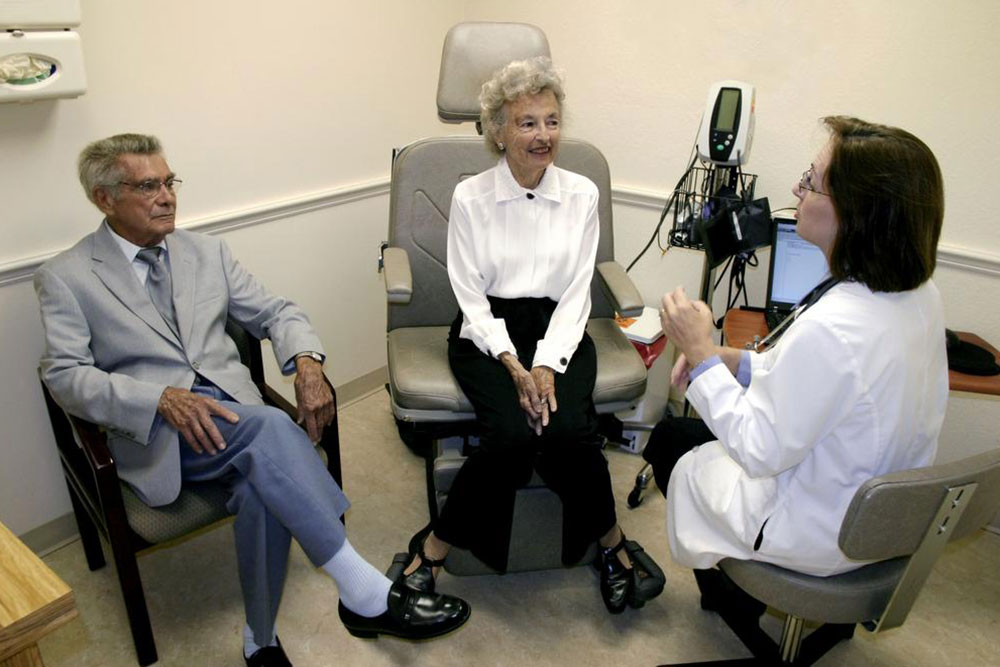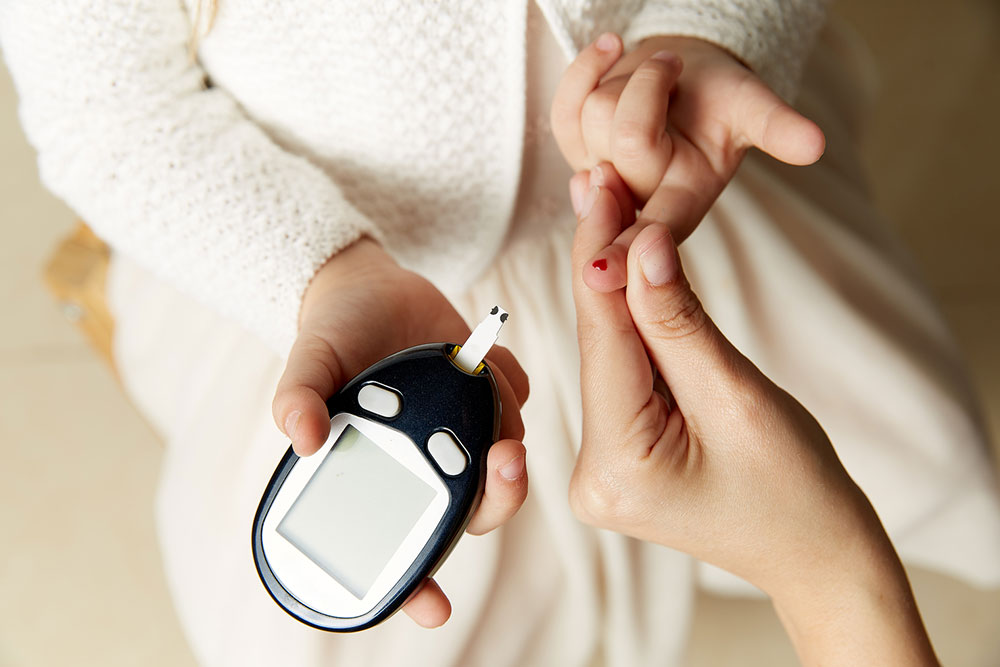Comprehensive Overview of Alzheimer’s Disease Stages and Management
This comprehensive guide explores the different stages of Alzheimer’s disease, from preclinical to final stages, highlighting symptoms, progression, and management strategies. Early detection and intervention can significantly improve quality of life for patients and caregivers. While no cure exists, lifestyle changes and medications can slow symptoms and support better daily functioning. Understanding these stages aids in timely diagnosis and effective care planning, emphasizing the importance of vigilance in recognizing early signs for better outcomes.

Understanding the Stages and Management of Alzheimer’s Disease
Receiving a diagnosis of Alzheimer’s can be emotionally challenging for both patients and their loved ones. This progressive neurodegenerative condition gradually impairs memory, thinking, and perception. Recognizing the different stages and available treatment options is essential for effective symptom management. While individual experiences vary, the disease follows a typical progression through identifiable phases. Below are the seven stages of Alzheimer’s disease:
Preclinical Stage
This initial phase shows no obvious symptoms, but biomarkers or family history may indicate increased risk. Medical professionals might detect early signs, prompting monitoring for potential onset.
Normal Forgetfulness
Many individuals over 65 experience occasional forgetfulness. However, in Alzheimer’s, memory lapses become more frequent and noticeable compared to peers without the disease.
Mild Cognitive Decline
This stage can last about 7 years, with symptoms gradually becoming evident over 2-4 years. Close friends and family may notice subtle changes such as difficulty recalling names, losing objects more often, or trouble concentrating.
As the disease progresses, individuals may struggle with more complex tasks, learning new skills diminishes, and they may get lost in familiar areas or struggle with word retrieval.
Moderate Decline
Lasting approximately two years, this stage features clear signs of Alzheimer’s. Mood swings, confusion about recent events, difficulty managing finances, and forgetfulness of recent conversations become prominent.
Moderate Dementia
Support becomes crucial, with individuals needing help with daily routines such as dressing or remembering important details. Basic activities like bathing and recognizing family can still be maintained at this stage.
Severe Alzheimer’s
Patients need continuous supervision and professional care. They may struggle to dress, forget to maintain hygiene, and lose bladder or bowel control. Speech problems and fear of being alone are common.
End-Stage Alzheimer’s
This final phase results in complete dependence. Communication ceases, mobility is lost, and full physical and cognitive decline occurs. Pain from rigid muscles and tendons may be present, with a typical duration of 1-2.5 years.
Care and Management
Although there is no cure, early intervention can slow progression. Lifestyle changes, medications to enhance neurochemical function, and mental and physical exercises can improve quality of life. The average lifespan post-diagnosis is 4-8 years, so early detection and treatment are vital for managing symptoms effectively.










